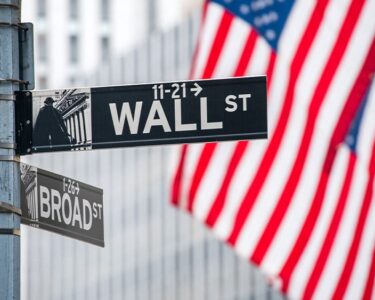HSBC, Standard Chartered, and Bank of China Pressured by Hong Kong to Embrace Crypto Exchanges – Next Crypto Hub?

Hong Kong’s banking regulator has reportedly exerted pressure on banks including HSBC, Standard Chartered, and Bank of China to engage with crypto clients.
During a meeting last month, the Hong Kong Monetary Authority (HKMA) questioned why the banks had not accepted crypto exchanges as clients, The Financial Times reported, citing people familiar with the matter.
The HKMA told the banks that due diligence on such potential customers should not “create undue burden,” particularly “for those setting up an office in Hong Kong to look for the opportunities here.”
Though banks have not banned crypto clients, they may be reluctant to accept exchanges on the basis that they could be prosecuted if the exchanges are used for illicit purposes.
“HKMA encouraged the banks to not be afraid,” the FT report said, citing a person familiar with the discussions.
“There is resistance from a conventional banking mindset . . . we are seeing some resistance from senior executives at traditional banks.”
The call for increased involvement in the crypto industry follows Hong Kong’s move to establish itself as a major global center for crypto, despite high-profile and damaging crashes such as that of FTX.
Pro-Beijing lawmaker Johnny Ng has invited exchanges such as Coinbase to set up in the city, despite recent legal action against some of the world’s largest crypto exchanges by the US Securities and Exchange Commission (SEC).
Banks are now being forced to strike a balance between supporting crypto while also heeding concerns over anti-money laundering and know-your-customer (KYC) regulations.
One senior executive stated that banks are “having to tread a fine line between on the one hand getting encouragement to support crypto and exchanges, but on the other hand being aware of the US situation.”
Hong Kong Aims to Become a Global Crypto Hub
While Hong Kong’s history as a crypto center suffered in the wake of a crackdown by Beijing, the government has recently shown a clear desire to rebuild its position as a hub for the industry.
Earlier this month, the city’s financial regulator implemented its new regulatory framework for crypto on the first of June.
Under the new rulebook, the city-state will allow retail investors in the city to trade specific “large-cap tokens” on licensed exchanges, given that safeguards such as knowledge tests, risk profiles, and reasonable exposure limits are put in place.
The Securities and Futures Commission (SFC) of Hong Kong will also start providing licenses to crypto exchanges.
However, not everyone is optimistic about Hong Kong’s new crypto rules.
As reported, crypto pioneer Bobby Lee, who set up China’s first Bitcoin exchange and founded US-based crypto storage provider Ballet Global, has warned that Hong Kong’s ambition to become a crypto hub might not be sustainable.
Lee claimed that officials who let exchanges obtain a license may have overblown expectations for connecting with mainland China as digital asset trading remains banned in China.
“The fantasy for exchanges is thinking that if officials let us get a license, then maybe they’ll start a sort of crypto-connect trading link with mainland China.”
He predicted that the city might once again change its stance toward crypto in three to five years and announce a ban on the industry.





